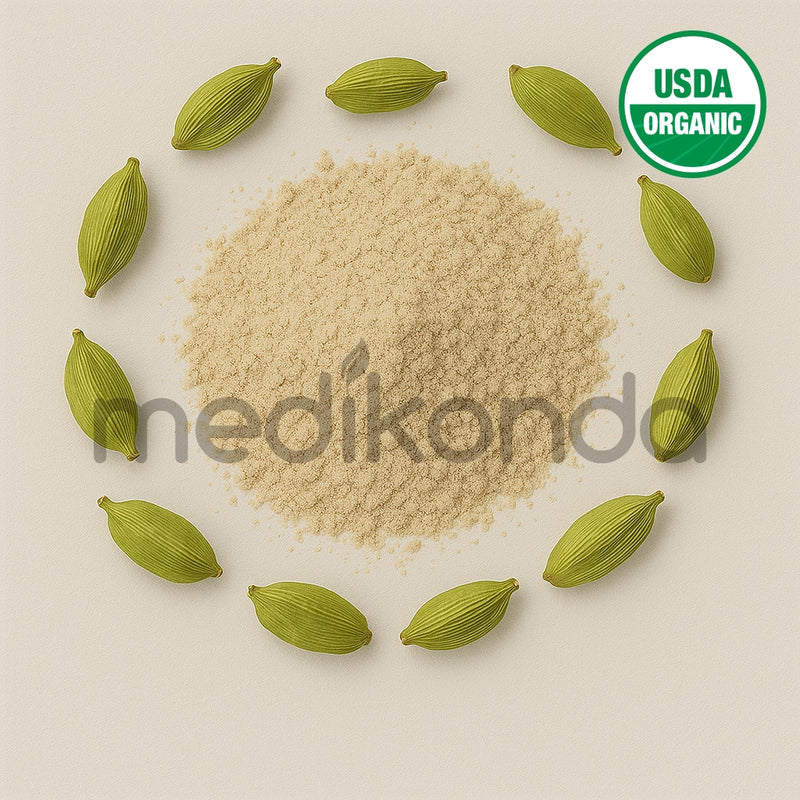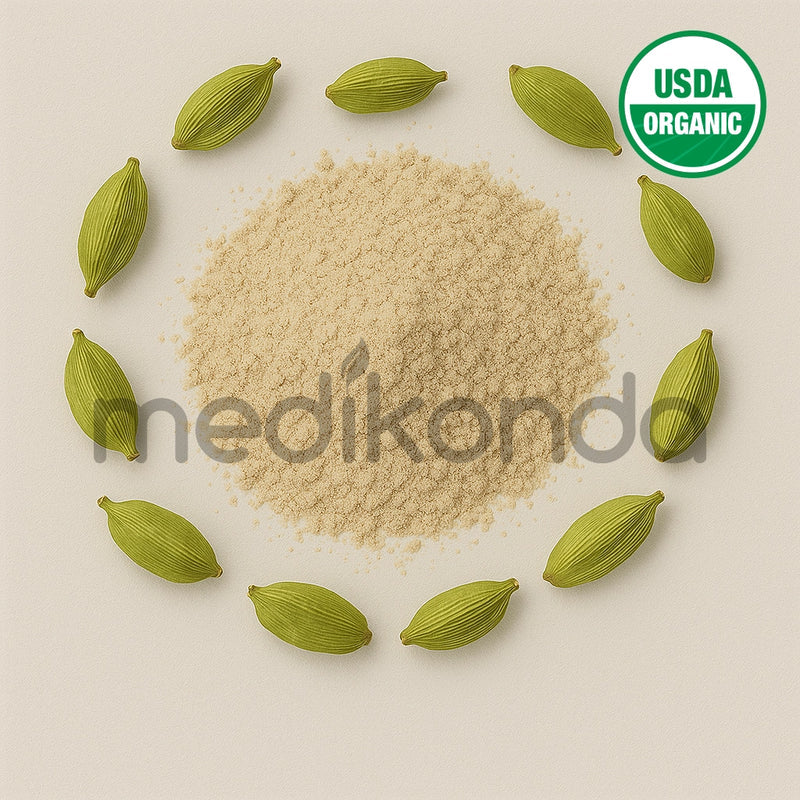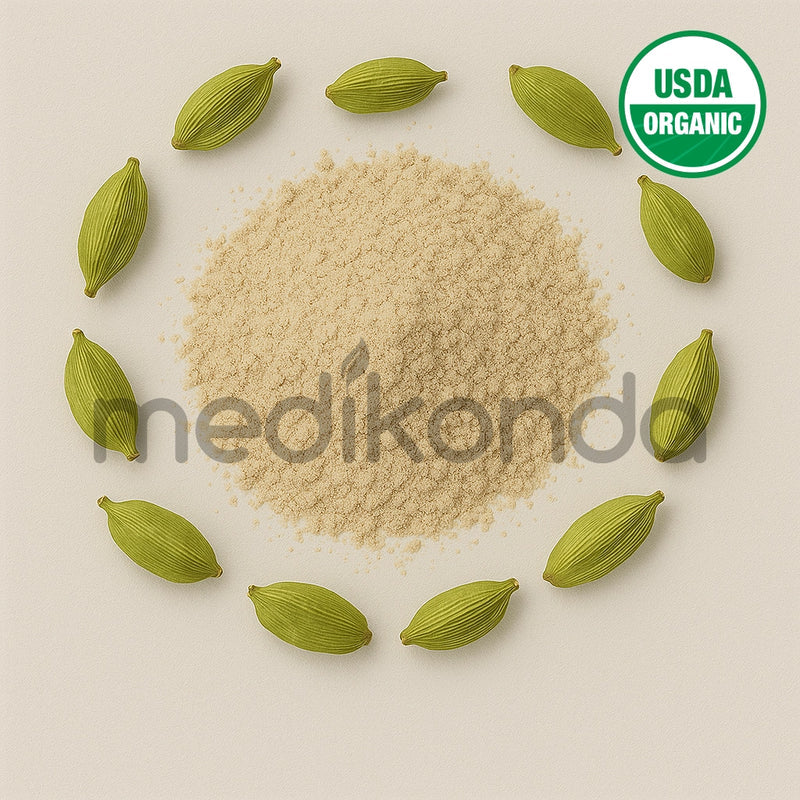Add description, images, menus and links to your mega menu
A column with no settings can be used as a spacer
Link to your collections, sales and even external links
Add up to five columns
Add description, images, menus and links to your mega menu
A column with no settings can be used as a spacer
Link to your collections, sales and even external links
Add up to five columns
LOOKING FOR BULK INGREDIENTS PRICING?
GET INSTANT QUOTEwhat ingredient are you looking for?

Benefits of Butylene Glycol - Wholesale B2B Bulk Suppliers in Australia and New Zealand
Butylene Glycol: The Unsung Hero of Skincare Formulations
What is Butylene Glycol?
Butylene Glycol is a clear, odorless, and slightly sweet-tasting liquid that belongs to the alcohol family. It is a humectant, solvent, and texture enhancer commonly found in skincare, haircare, and cosmetic formulations. Derived either synthetically or from natural sources like sugarcane or corn, Butylene Glycol plays a crucial behind-the-scenes role in helping your products feel smoother, absorb better, and work more effectively.
Despite its chemical-sounding name, Butylene Glycol is gentle, non-irritating, and safe for most skin types—even sensitive ones.
Key Benefits of Butylene Glycol
1. Powerful Humectant
Butylene Glycol draws moisture from the air and helps retain it in the skin, keeping it hydrated, plump, and supple. This is particularly beneficial in moisturizers, serums, and masks for dry or dehydrated skin.
2. Enhances Product Absorption
It improves the penetration of active ingredients into the skin, making your skincare products more effective. This means ingredients like vitamins, antioxidants, and plant extracts can reach deeper layers of the skin.
3. Improves Texture and Spreadability
Butylene Glycol acts as a slip agent, giving products a silky-smooth, non-greasy texture. It makes lotions and serums glide easily across the skin for effortless application.
4. Solvent for Active Ingredients
It helps dissolve other ingredients that may not mix well with water, allowing for stable and uniform formulations. This is especially important in products containing both water- and oil-based components.
5. Preservative Booster
While not a preservative itself, Butylene Glycol has mild antimicrobial properties and enhances the effectiveness of other preservatives, helping extend the shelf life of cosmetic products.
Common Uses in Personal Care Products
-
Hydrating serums and moisturizers
-
Facial toners and mists
-
Cleansers and face washes
-
BB creams and foundations
-
Hair conditioners and leave-in sprays
-
Sheet masks and essences
Butylene Glycol vs. Propylene Glycol
Both are similar in structure and function, but Butylene Glycol is often considered gentler and more suitable for sensitive skin. It has a lower risk of irritation and provides better hydration with less tackiness compared to Propylene Glycol.
Is Butylene Glycol Safe?
Yes. Butylene Glycol is approved by the FDA and other regulatory bodies for use in cosmetics and skincare. Clinical studies and safety reviews show that it is non-toxic, non-irritating, and non-sensitizing when used in standard concentrations.
Who Should Use It?
-
All skin types, including dry, oily, sensitive, and acne-prone
-
People looking for lightweight hydration
-
Those using serums or actives for better absorption
Final Thoughts
Butylene Glycol may not be the most glamorous ingredient on the label, but it’s certainly one of the most hardworking and essential. From keeping your skin hydrated to helping actives penetrate deeper and improving the feel of your favorite products, this multi-functional ingredient proves that skincare magic often lies in the smallest details. If you're using a product that feels great and works well, chances are Butylene Glycol is one of the quiet heroes behind it.
For bulk orders and inquiries, visit Medikonda Nutrients - Butylene Glycol
Medikonda Nutrients is the Largest Manufacturer, B2B Bulk Wholesale Supplier of Butylene Glycol in Australia and New Zealand.
Also in Medikonda: Health & Wellness
SUBSCRIBE NOW ...
Don't miss to get latest updates on sales, new releases and promotions




